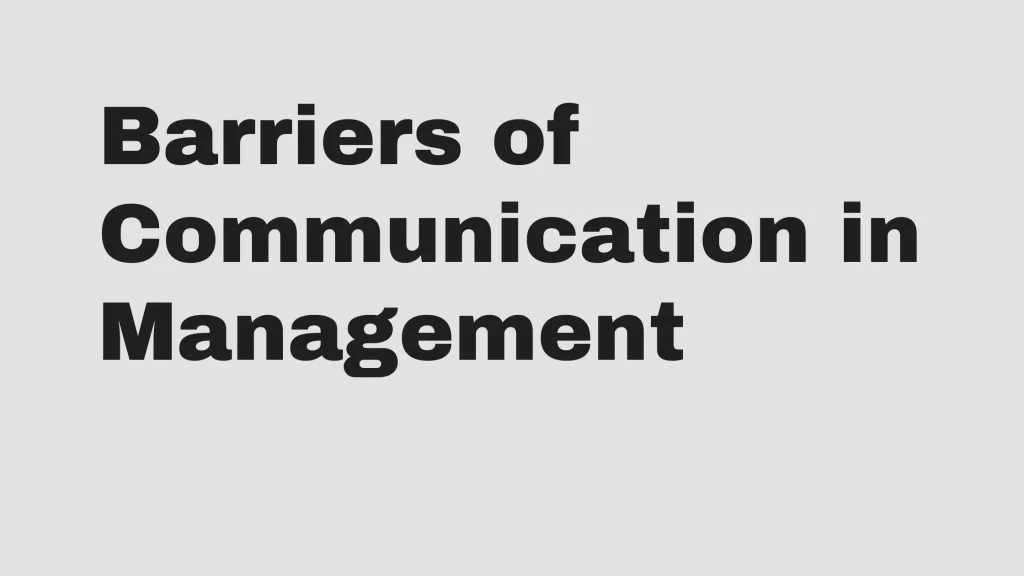How can Religion Affect Communication? Religion, a cornerstone of many societies, shapes more than just our spiritual beliefs. It subtly weaves its way into our daily interactions, influencing how we perceive, interpret, and convey messages. The depth of this influence often goes unnoticed, but it plays a pivotal role in our communication dynamics.
Contents
How can Religion Affect Communication?
Religion can affect communication by dictating norms, values, and taboos specific to each faith, influencing both verbal and non-verbal interactions. These religious nuances can lead to misunderstandings, shape topics of discussion, and determine the appropriateness of certain behaviors or gestures.
The Language of Faith
Terminology and Phrases: Every religion has its unique lexicon. To an outsider, these terms might sound foreign, leading to potential misunderstandings.
- Example: Phrases like “Insha’Allah” in Islam or “Shalom” in Judaism have specific connotations within their respective faiths.
Symbols and Rituals: Religious symbols carry profound meanings. Misinterpreting these can lead to unintended offense.
- Example: The Christian cross or the Hindu Om symbol are more than just designs; they represent deep spiritual beliefs.
Do’s and Don’ts: Each faith has its guidelines, shaping the appropriateness of topics or behaviors in conversations.
- Example: Discussing pork around a devout Muslim, given its religious dietary restrictions, might be considered insensitive.
Gender Dynamics: Certain religions have guidelines on interactions between genders, affecting conversation flow.
- Example: In some conservative cultures, direct eye contact between unrelated men and women might be avoided.
Cultural Overlaps and Communication
Religions often intertwine with cultural practices, adding another layer to communication dynamics.
- Example: In many Asian cultures, influenced by religions like Buddhism, showing respect to elders in conversation is paramount.
Time, Space, and Religion
Prayer and Rest: Specific times or days dedicated to religious practices can influence communication availability.
- Example: Business meetings rarely occur on Sundays in predominantly Christian nations due to it being a day of rest.
What are some examples of religious taboos that affect Communication?
Conclusion
Religion, in its myriad forms, shapes our communication in ways both overt and subtle. Recognizing and respecting these influences can pave the way for richer, more meaningful interactions. As we navigate our globalized world, understanding the intertwining of faith and communication becomes not just beneficial, but essential.
Boko Ducky has over 10 years of experience in helping individuals and organizations improve their communication skills.



